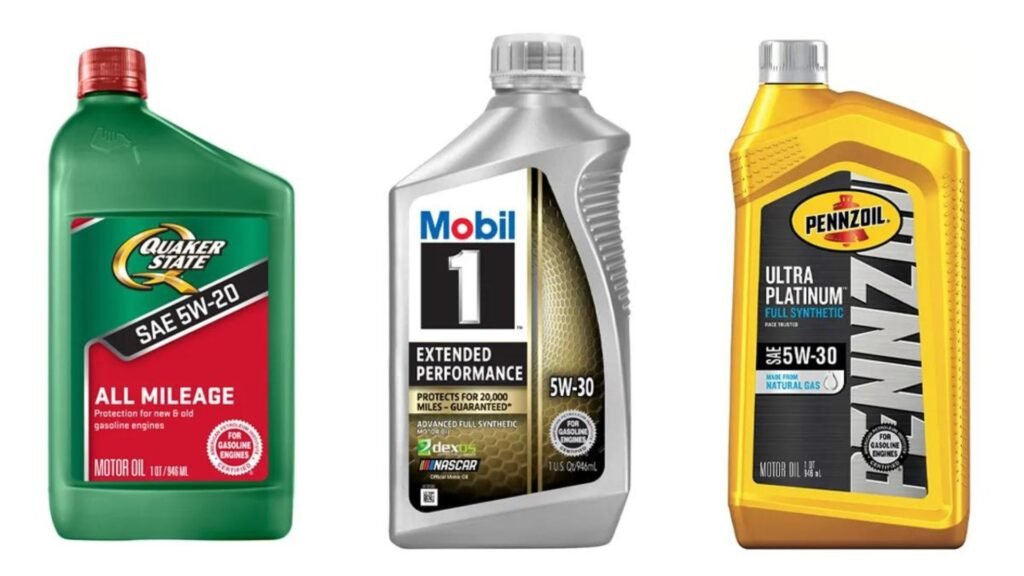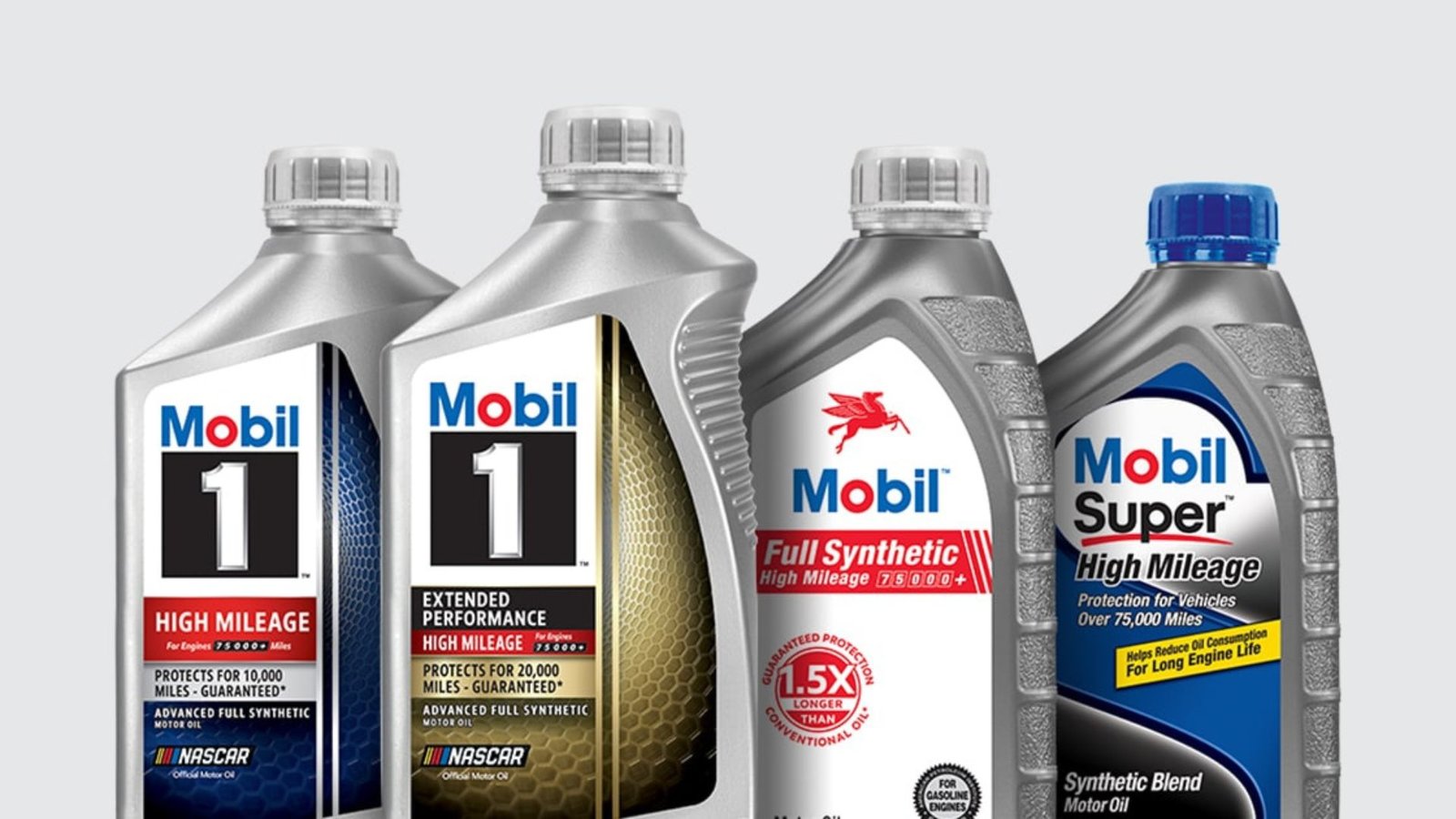Choosing the right engine oil is crucial for maintaining your vehicle’s performance and longevity. When it comes to engine oils for long-lasting performance, the right choice can enhance engine efficiency, reduce wear and tear, and improve fuel economy. Here’s a guide to help you select the best engine oils for long-lasting performance for your vehicle.
1. Synthetic Oils
Synthetic oils are often the top choice for engine longevity. They are designed to offer superior performance compared to conventional oils. Synthetic oils provide better protection against high temperatures and extreme cold, and they help in reducing engine sludge. They also offer improved lubrication, which can enhance engine efficiency and extend its lifespan.

2. Full Synthetic Oil
Full synthetic oil is a type of synthetic oil that is formulated with a blend of chemical compounds to offer high performance and protection. It provides excellent high-temperature stability and is less likely to break down under stress. For long-lasting performance, full synthetic oil is highly recommended due to its ability to keep engines cleaner and running smoother over extended periods.
3. Synthetic Blend Oil
Synthetic blend oil is a mix of synthetic and conventional oils. It provides many benefits of synthetic oils, such as better performance and protection, while being more affordable. Synthetic blend oils are a good option if you want enhanced protection without the cost of full synthetic oils. They are ideal for drivers who need reliable performance under varying driving conditions.
4. High Mileage Oil
If your car has over 75,000 miles, high mileage oil might be the best choice for maintaining its engine. High mileage oils contain additives that help to reduce oil consumption, minimize leaks, and protect against engine wear. They are specially formulated to address the needs of older engines, ensuring continued performance and durability.
5. Conventional Oil
Conventional oil is derived from crude oil and has been used for many years. While it’s not as advanced as synthetic or high mileage oils, it can still provide reliable performance for engines that don’t require the extra protection. Conventional oil is often less expensive and suitable for vehicles with simpler engine requirements.
6. Extended Performance Oil
Extended performance oil is designed to last longer between oil changes. It offers enhanced protection and can often extend the time between oil changes to 10,000 miles or more. This type of oil is ideal for drivers who want to reduce maintenance intervals without compromising on engine care.
7. Diesel Engine Oil
It includes additives that help in managing soot and other byproducts of diesel combustion. Diesel engine oils are essential for maintaining the performance and longevity of diesel-powered vehicles.
8. Low Viscosity Oil
type of oil provides better protection during cold starts and is beneficial for engines that operate in very cold climates. It helps in maintaining proper lubrication and reducing engine wear.
9. Racing Oil
For performance vehicles or racing applications, racing oil is engineered to withstand extreme conditions. It offers high protection and stability under high temperatures and stress. Racing oils are ideal for vehicles that undergo heavy-duty driving or racing but may not be necessary for everyday vehicles.
10. Additives
Additives can include detergents, dispersants, and anti-wear agents that help maintain engine cleanliness, reducing friction, and preventing wear. Choosing an oil with the right additives can improve engine efficiency and longevity.
11. API Certification
When selecting engine oil, look for API certification on the label. The American Petroleum Institute (API) certifies oils that meet specific performance standards. Choosing API-certified oils ensures that the oil meets industry standards for quality and performance.
12. Brand Reputation
Brand reputation can be an indicator of oil quality. Reputable brands often invest in research and development to produce high-quality engine oils.
13. Oil Change Frequency
Regardless of the type of oil you choose, regular oil changes are essential for maintaining engine performance. Follow your vehicle’s manufacturer recommendations for oil change intervals to ensure optimal engine care and performance.
14. Environmental Considerations
If you’re concerned about the environment, eco-friendly oils are available. They offer similar performance benefits as conventional oils while being more environmentally responsible.
15. Consult Your Owner’s Manual
Always consult your owner’s manual when choosing engine oil. Following these guidelines ensures that you select the most appropriate oil for your engine’s needs.
Conclusion
Choosing the right engine oils for long-lasting performance involves understanding your vehicle’s requirements and considering various factors like oil type, viscosity, and additives. Whether you opt for synthetic, high mileage, or conventional oil, the key is to select an oil that meets your engine’s needs and adhere to regular maintenance schedules. By making an informed choice, you can ensure that your engine remains in excellent condition and performs reliably over the long term.

